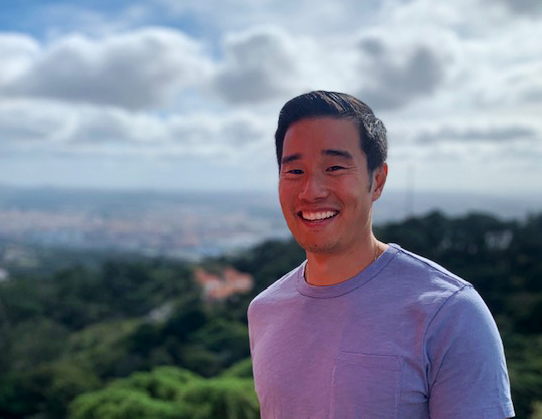A graduate of Elon's dual degree engineering program, Reinckens works as an electrical engineer on the Boeing subsidiary's Wave Glider vehicle
Electronics design, testing and integration, and quality engineering: On any given day, Bernard Reinckens ’16 fills all these roles and maybe a few more as an electrical engineer with Liquid Robotics.
Liquid Robotics is a subsidiary of Boeing, developing defense technology that uses sensors, connectivity, and cloud computing to collect and communicate ocean data in real-time. One of its products is the Wave Glider, an unmanned solar- and wave-powered vehicle that gathers data in conditions and places previously too costly or challenging to navigate. Reinckens is the lead REA (responsible engineering authority) for all of the Wave Glider’s printed circuit board assemblies. His duties entail designing new boards, troubleshooting faulty boards and the development of new test procedures.
“Right now, our electrical engineering team is small. There’s only a handful of us, so we do it all,” Reinckens said. “Every day is different.”
Reinckens graduated from Elon’s dual-degree engineering program, earning a B.S. in Engineering-Physics from Elon and completing his B.S. in Electrical Engineering at Washington University in St. Louis. He later went on to earn his M.S. in Electrical Engineering from Villanova University in 2021.
Elon offered the opportunity to grow his STEM skills in smaller classes with professors who are passionate about teaching and provided the opportunity to pursue extracurricular interests in sports and service. But what Reinckens values most about his time at Elon was the emphasis on effective collaboration.
“Elon prepared me for all the other schooling and classes I took at my engineering and graduate schools, and it showed me that as technical as engineering can be, it’s really about being able to effectively communicate and work with others,” he said. Reinckens recalled the numerous late-night study sessions with classmates on the STEM floor in Staley Hall.
After graduating in 2016, he was initially hired by Boeing in St. Louis as an electronic design and analysis engineer on the F/A-18 program. Over the next six years, he worked a variety of roles at Boeing Defense including designing power supplies for flight control hardware, testing electronic components for quality and safety, and leading projects for INS/GPS and navigation mission computers.
At Liquid Robotics, the best part of his job is working with colleagues and knowing the work they are doing has significant outcomes in the maritime industry.
“There’s always something more and new to learn, and it’s constantly evolving and changing,” he said. “Elon and all the schools I attended showed me that learning is a contact sport and that it’s continuous. My desire to learn is what keeps me active long after graduating college. It challenges me to become a better problem solver and, consequently, a better engineer.”



